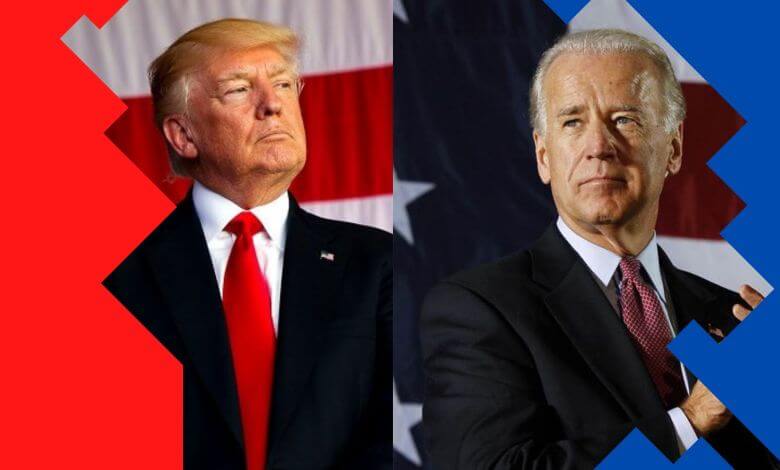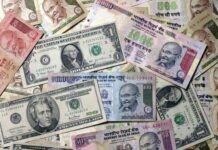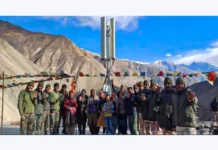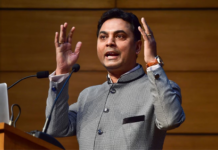The week before the US general election has brought volatility back to currency trading. While the polls continue to show that challenger former Vice President Joe Biden is leading in the national and battleground state polls, the race is likely to come down to the wire. The betting markets show that nationally, Biden has a clear lead over the incumbent. Each candidate and their surrogates are crisscrossing the United States to bring out the vote. There is also contention when it comes to mail-in ballots. States have been providing leniency for ballots that are postmarked on or before election day, but President Trump wants these to be disallowed.
The Trump administration has not acted as a friend to India when it comes to trade. In 2018, the Trump administration removed India from the Generalized System of Preferences (GSP) trade program. The White House has also restricted Indians from receiving H-1B-Visas and is considering ending the lottery that allows thousands of Indians to work in the US in the technology sector. This election will have consequences for the Indian economy including how trade is viewed in the US as well as employment in a growing arena.
Trade Restrictions
President Trump rose to prominence in 2016 by promising to put America first. There were several large trade deals that the United States withdrew from as Trump prefers bilateral agreements. In 2018, the Trump administration removed India from the GSP which is a U.S. trade preference program that allows developing countries to sell to the United States without tariffs on several products. India was a part of this program dating back 50-years. A review by the Trump administration ended this preference. The goal of the Trump administration was to use this new action to leverage a new trade deal with India. India saw the revocation was seen as indicative of an unwillingness to compromise and truly a scenario where Trump was putting American first.
Generating Headwinds for Visas
While Trump’s predecessors expanded immigration and the H-1B-visas, Trump decided in June of 2020 to suspend these visas until 2021. The second wave of the coronavirus in the US is likely to hinder school openings which have seen many universities moved to online education. This could be an effective suspension of the F-1 and J-1 visa programs, which allow foreign students to attend US Universities. Department of Homeland Security has asserted that any student whose campus doesn’t offer in-person classes will not be allowed to enter the United States.
Additionally, in the week ahead of the general election, The Department of Homeland Security is proposing a new method of generating H-1B visas which is to replace the current lottery system with a system that provides a preference for those jobs with the highest salaries. The Trump administration has argued that the visa program artificially depresses wages by allowing employers to hire foreign workers at lower salaries. This would effectively impede the ability of US companies to hire individuals that have technology skills that fall in the lower end of the wage scale. Applicants ranked at wage level one, roughly entry-level workers would not qualify for visas. The government awards 85,000 new H-1B visas a year, and demand has consistently outstripped supply.
The Bottom Line
While rallies across India showed that President Trump has some popularity, his policies are restrictive to Indian economic growth. The termination of the Generalized System of Preferences for India in conjunction with the restrictions placed for H-1B visas will hamper growth and restrict employment. All signs point to a Biden administration that will expand visas in a way that broadened immigration during the Obama administration. The general election in the United States is likely to have a robust effect on the future of the Indian economy.







